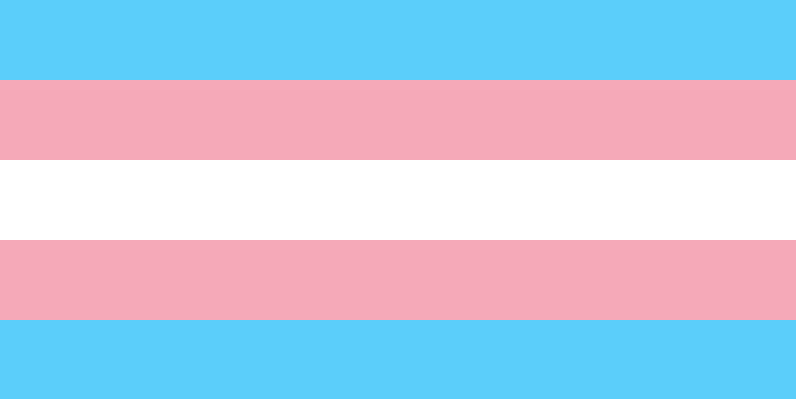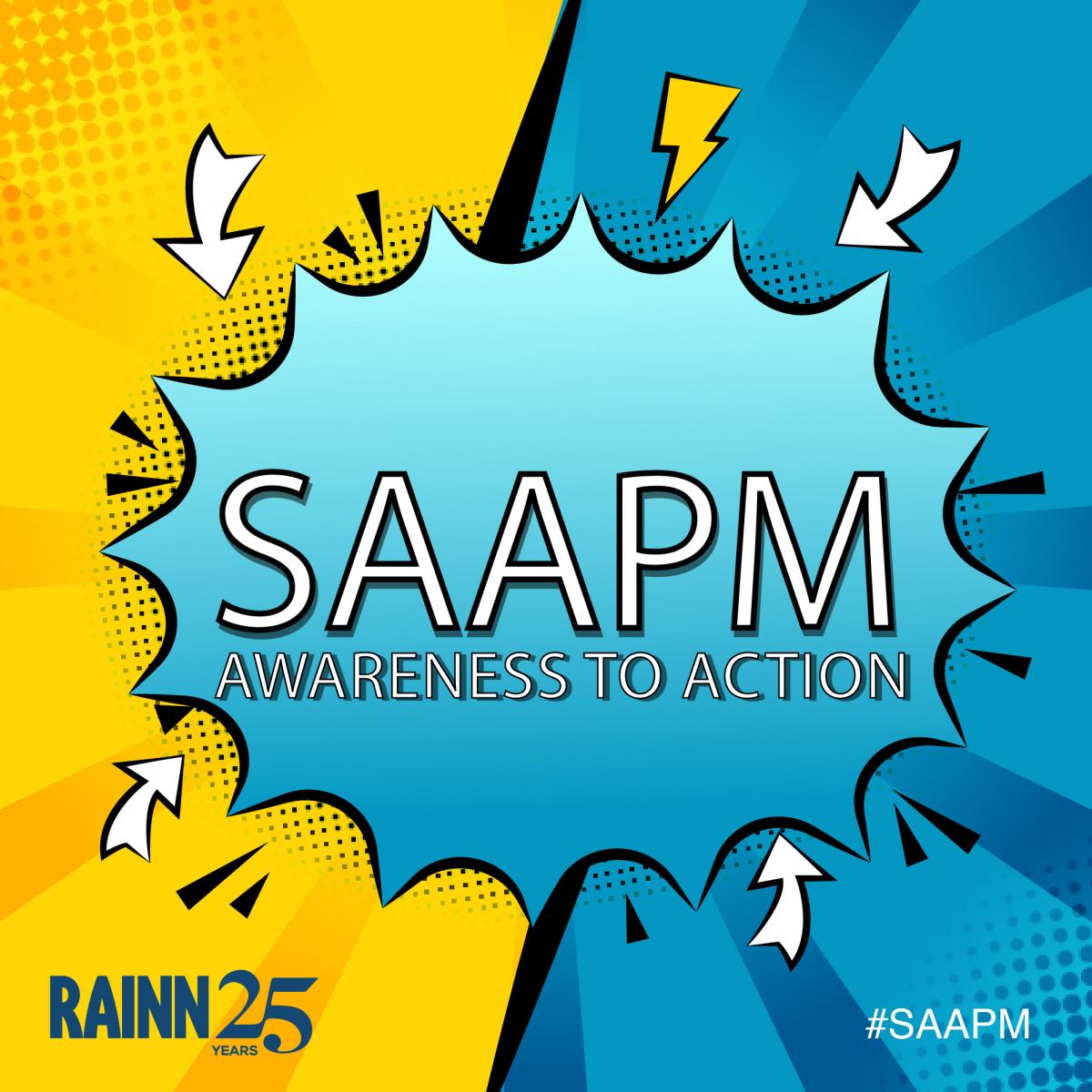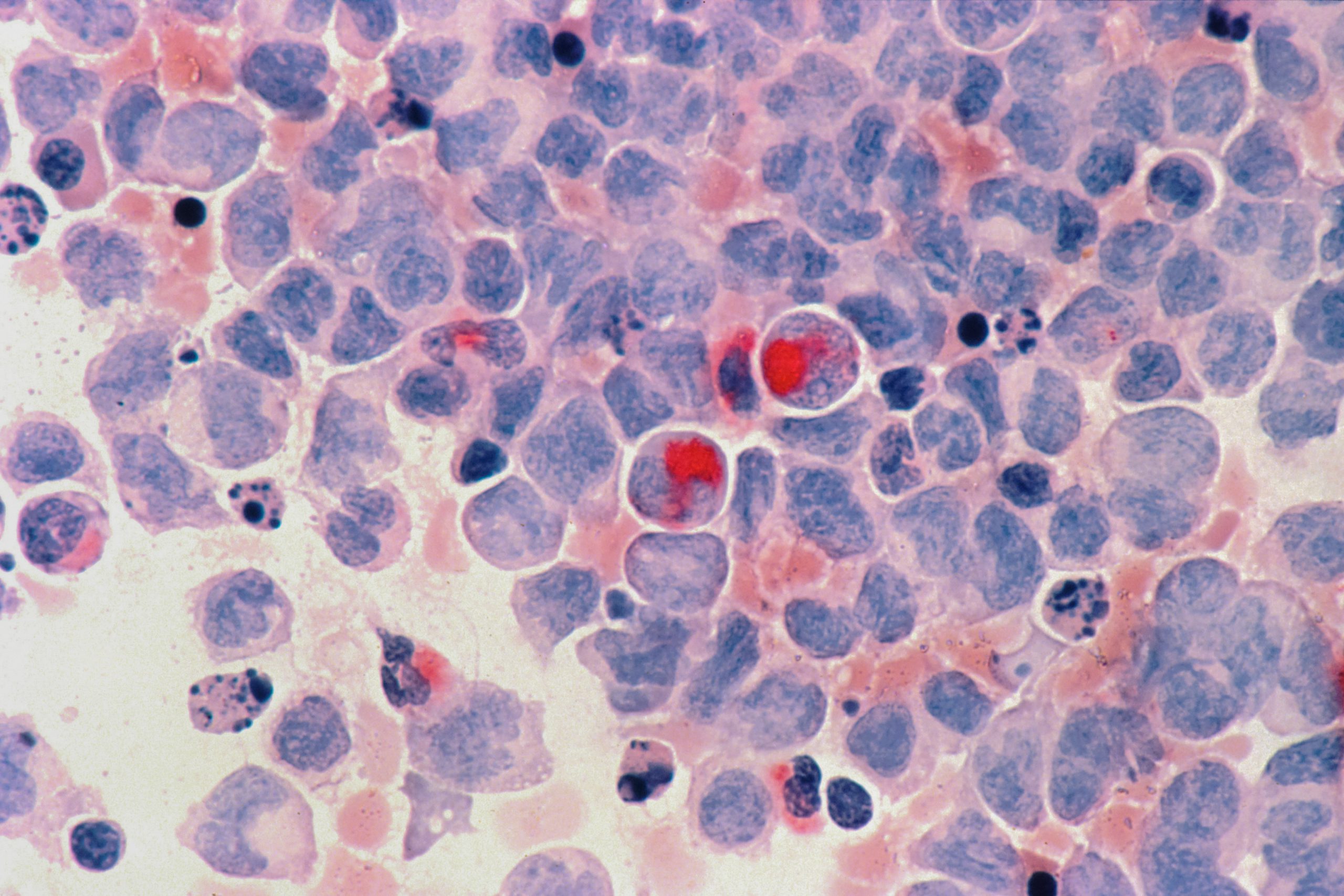Last Updated on February 6, 2020
Transgender Awareness Week falls between November 14-20 every year and is meant to help raise visibility of a vulnerable and underserved community. ‘Transgender’ is an umbrella term for people whose gender identity is different from the sex assigned at birth; ‘gender identity’ is one’s innermost concept of self as male, female, a blend of both, or neither.

Transgender and gender-nonconforming people can face significant problems with accessing health care. Finding a healthcare provider who is knowledgeable of transgender health issues can be a hurdle itself; some healthcare professionals may believe that there is something wrong with someone because they are transgender—they are wrong. Even after finding a knowledgeable and sympathetic doctor, insurance may not cover the cost of treatment. Many transgender people are on a dosage of hormones which can affect one’s blood pressure, blood sugar, or in rare cases contribute to cancer. Some cancers found in transgender people can appear atypical—trans men are at risk for ovarian and cervical cancers, and trans women can be diagnosed with prostate cancer.
Transgender/gender non-conforming people experience gender dysphoria, a clinically significant distress recognized by the American Psychiatric Association’s Diagnostic and Statistical Manual of Mental Disorders (DSM) caused by a person’s assigned birth gender differing from the one with which they identify. This leads to increased depression among the transgender community, which can be exacerbated by being rejected by family and friends, abuse/violence, or discrimination.
According to the U.S. Department of Health and Human Services, the Affordable Care Act (ACA) protects against discrimination based on gender identity. Despite these protections, over 27% of transgender/gender non-conforming people report having been denied health care. Even paperwork can be a barrier to access for transgender individuals as standard forms often only list “male” or “female.” Nearly 21% of transgender people in the US report being subjected to harsh or abusive language from a healthcare professional, and an almost equal amount say healthcare providers have blamed them for their own health conditions. Transgender people report the highest rates of discrimination and barriers to care among the LGBT community.
Human Rights Campaign (HRC) has information on finding insurance for transgender-related health care. To further help those in need, NeedyMeds has a growing list of programs in our Diagnosis-Based Assistance database for transgender/gender non-conforming people that offer various forms of assistance such as financial aid or legal services. NeedyMeds’ unique crowdfunding platform HEALfundr is also available for individuals trying to raise funds for their transition. If you know any programs assisting transgender/gender non-conforming people that we don’t have listed on our site, leave a comment and let us know about it.





